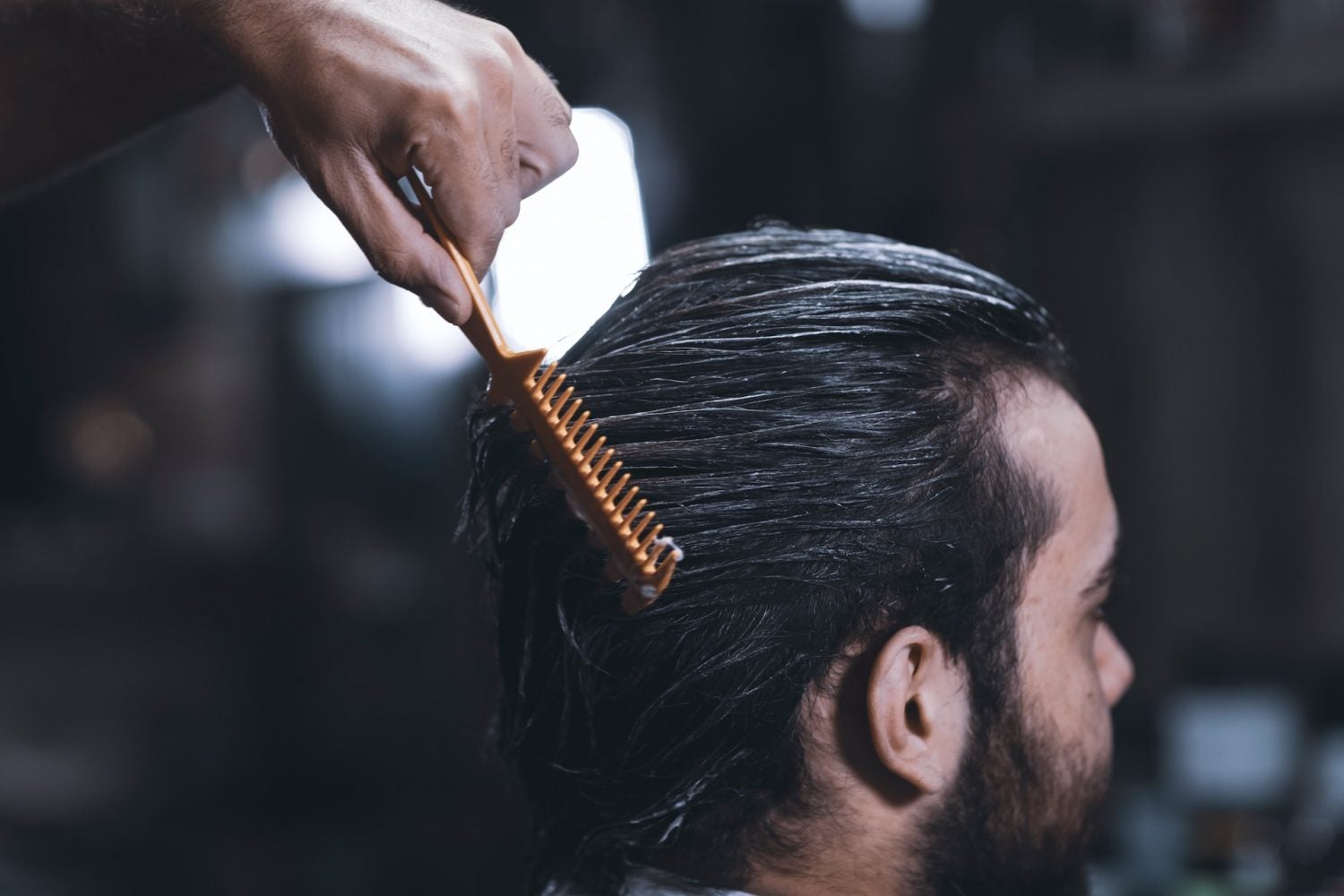Hair loss is a common concern for many, often leading to a search for effective solutions and a battle against misinformation.
The world of hair loss is shrouded in myths and misconceptions, but recent scientific findings have helped to dispel some of these inaccuracies. This article aims to shed light on these myths, guided by the latest research and scientific data.
Understanding Hair Loss
When it comes to hair loss, it’s easy to be misled by common myths. One prevalent misconception is that hair loss is exclusively a male problem. However, statistics show that up to 40% of women experience some degree of hair thinning by the age of 50. Another widespread belief is that stress is a primary cause of hair loss. While stress can indeed contribute to hair thinning, it’s usually not the sole reason. Genetic factors, hormonal imbalances, and certain medical conditions play more significant roles.
Research has also debunked the idea that frequent shampooing accelerates hair loss. In reality, a regular hair care routine is essential for maintaining scalp health. Similarly, the notion that hats cause hair loss is unfounded. Hats do not affect the hair follicles’ ability to grow hair unless they are excessively tight or worn in a way that causes friction on the scalp.
Dispelling the Myths Around Hair Loss Medications
One of the most pervasive myths surrounding hair loss medications is the fear of severe, irreversible side effects. While side effects are a possibility, they are generally rare and often reversible upon discontinuing the medication. It’s important to weigh the benefits against the risks and discuss concerns with a healthcare provider.
Another common myth is that once you start taking hair loss medication, you can’t stop. This isn’t entirely true. While stopping the medication may result in the return of hair loss, it doesn’t lead to a worse condition than before starting treatment. It’s also a misconception that hair loss treatments work instantaneously. In reality, it may take several months to notice significant improvements.
Where to Find Reliable Hair Loss Treatments
For those considering medication like Dutasteride as part of their hair loss management plan, finding a reliable source is crucial. The capsules from Oxford Online Pharmacy are one option to consider that come from a trusted UK-based online pharmacy. They provide not only the medication but also valuable information and support from healthcare professionals, ensuring that patients make informed decisions about their treatment.
When choosing a treatment option, it’s essential to consider factors such as the individual’s medical history, the severity of hair loss, and personal preferences. Consulting with a healthcare professional can help determine the most suitable treatment plan.
The Role of Genetics in Hair Loss
The influence of genetics on hair loss cannot be overstated. Scientific studies have repeatedly confirmed that genetic factors play a crucial role in the development of androgenetic alopecia, commonly known as male or female pattern baldness. Research indicates that individuals with a family history of baldness are at a higher risk of experiencing hair loss themselves. The baldness gene is something that can affect a lot of people.
Interestingly, the genetic markers for hair loss are not limited to those inherited from the maternal side, as was once popularly believed. Recent findings suggest that genes from both parents contribute to the likelihood of developing androgenetic alopecia. This highlights the complexity of genetic inheritance in hair loss and underscores the need for personalized approaches to treatment and prevention.
Diet and Lifestyle
While genetics play a pivotal role in hair loss, lifestyle factors are also significant. Nutritional deficiencies, particularly a lack of protein, iron, and certain vitamins, can lead to hair thinning and loss. A study found that individuals with a diet low in iron and vitamin D were more likely to experience hair loss. Incorporating a balanced diet rich in these nutrients can aid in maintaining healthy hair.
Lifestyle habits such as smoking and excessive alcohol consumption have also been linked to hair loss. A study showed that smokers were more likely to experience hair loss than non-smokers. This is attributed to the reduced blood flow to the scalp and the damaging effects of tobacco on hair follicles. Therefore, adopting a healthier lifestyle can be beneficial in managing hair loss.
Advances in Hair Loss Research and Future Directions
The field of hair loss research is continuously evolving, with new discoveries and advancements being made regularly. One of the most exciting areas of research is the development of novel treatments that target the underlying causes of hair loss
In addition, there is ongoing research into the genetic factors underlying hair loss, which could lead to more personalized and effective treatment strategies. With the advent of gene editing technologies like CRISPR, there is potential for revolutionary treatments in the future. As our understanding of hair loss deepens, the possibilities for innovative and effective treatments continue to expand, offering hope to those affected by this common condition.


















